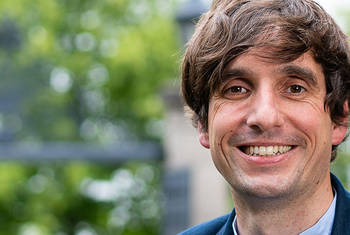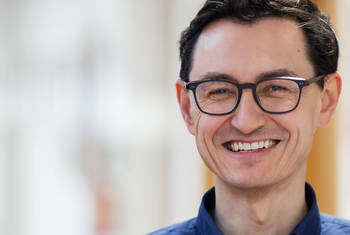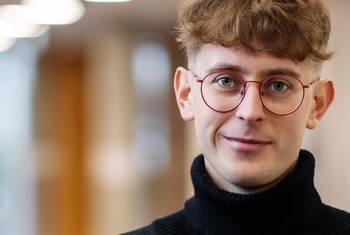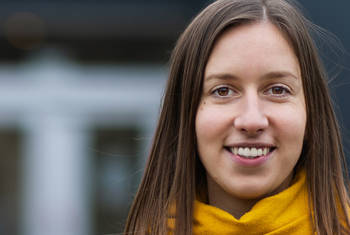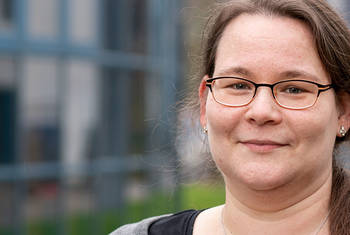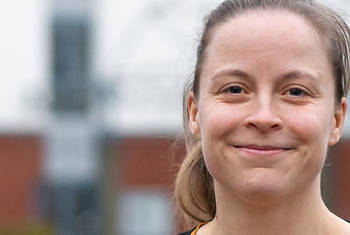Pascal Langenbach How Does the Computerization of Decision Making Affect Perceptions of Fairness?
Pascal Langenbach is a Senior Research Fellow at the Max Planck Institute for Research on Collective Goods in Bonn. His work focuses on public law, empirical legal studies and experimental law and economics. A winner of the Max Planck Society’s Otto Hahn Medal in 2018, for 2020-2025, Langenbach is a member of the Young Academy at Leopoldina, the German National Academy of Sciences.
Area of Research
Public Law, Empirical Legal Studies, Experimental Law and Economics
since 2018
Senior Research Fellow
Max Planck Society (more details)
Max Planck Institute for Research on Collective Goods
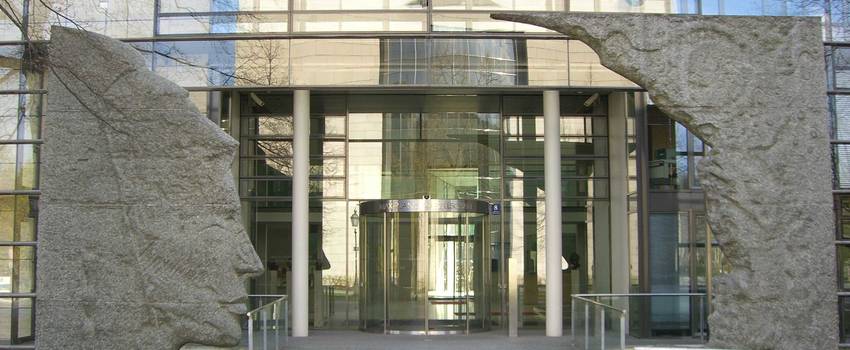 © Maximilian Dörrbecker
© Maximilian Dörrbecker
Max Planck Society
"The Max Planck Society is Germany's most successful research organization. Since its establishment in 1948, no fewer than 18 Nobel laureates have emerged from the ranks of its scientists, putting it on a par with the best and most prestigious research institutions worldwide. The more than 15,000 publications each year in internationally renowned scientific journals are proof of the outstanding research work conducted at Max Planck Institutes – and many of those articles are among the most-cited publications in the relevant field." (Source)
Institute
Max Planck Institute for Research on Collective Goods
"Many goods are not obviously best provided by unregulated markets. This does not necessarily imply that government does a better job. But research can do society a service in defining why markets have a hard time with some goods, and in comparing institutional arrangements aiming at their provision. In a precise way, the problem is defined by the concept of public goods. Capitalising on the theory of mechanism design, it can be further improved. Using experimental methods, it can be put into perspective. Yet some social dilemmas are better analysed in alternative categories. It may even be preferable to start analytically from the political decision to intervene into markets. The institute tackles these questions from the combined perspectives of economics, law and psychology. While the institute started with applications from environmental problems, current work focuses on antitrust, regulation and financial stability." (Source)
Map
Algorithms and artificial intelligence are playing an increasing role in public decision making. In this video, PASCAL LANGENBACH analyzes the ways in which this aspect of digitalization affects perceptions of fairness. Looking at the contexts of predictive policing, school admissions and refugee location, Langenbach examines four different procedural models ranging from situations where human actors decide alone to scenarios in which human actors are not able to overturn decisions presented by the algorithm. The findings show that people perceive the fairest model as one in which humans come to a decision together with an algorithm, but remain highly involved in the decision-process. The research shows that computerization can help to bring about cost savings in public decision making but further studies are required to show how this can work more efficiently in practice.
LT Video Publication DOI: https://doi.org/10.21036/LTPUB101047


